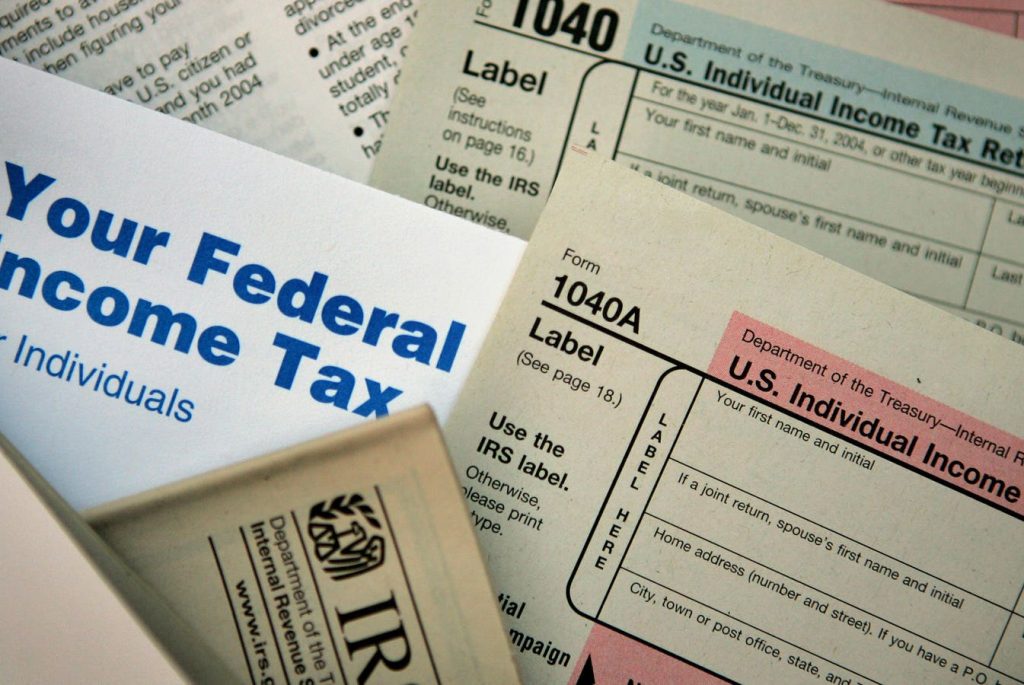U.S. persons who invest in foreign activities often have U.S. reporting obligations, with a common requirement being IRS Form 5471. This form applies to U.S. persons who are shareholders, officers, or directors of foreign corporations. Whether a U.S. person has a filing obligation depends on whether they fall within a reporting category, such as owning more than 50% of a foreign corporation or being an officer or director. It is essential to understand the reporting categories or consult a tax professional to avoid non-compliance.
To file IRS Form 5471, a person must be a U.S. citizen, resident, or entity, and must fit within one or more reporting categories. Foreign corporations may be characterized as corporations, partnerships, trusts, or disregarded entities, with certain foreign entities treated as per se corporations. It is crucial to determine if a foreign entity is a corporation under U.S. tax law, which may require an analysis of foreign law. Therefore, determining filing obligations can be challenging, especially if the entity is not a per se corporation.
Unlike some other information returns, IRS Form 5471 is filed with the U.S. person’s tax return and is not stand-alone. Failing to file before the tax return deadline, including extensions, results in the form being considered late. Even dormant foreign corporations require filing, but taxpayers may take advantage of a summary filing procedure, as outlined in Rev. Proc. 92-70. Dissolving the foreign corporation is another solution to end the reporting obligation.
Non-filing of IRS Form 5471 can result in a $10,000 civil penalty per year, with additional continuation penalties possible if the IRS requests the form and it remains unfiled. The statute of limitations does not apply if the form is not filed, allowing the IRS to assess additional taxes even after the general 3-year period has passed. The IRS offers programs like the Streamlined Filing Compliance Procedures for taxpayers who have failed to file international information returns, including IRS Form 5471. This program allows taxpayers to file prior-year returns without civil penalties for late-filed information returns.
In conclusion, understanding IRS Form 5471 and its filing requirements is essential for U.S. persons with foreign investments to avoid penalties and ensure compliance with U.S. tax laws. Consulting with a tax professional or reviewing the instructions for the form can help individuals determine their filing obligations. It is important to file the form with the tax return before the deadline and take advantage of available programs if a filing error occurs to avoid severe penalties and ensure tax compliance.















